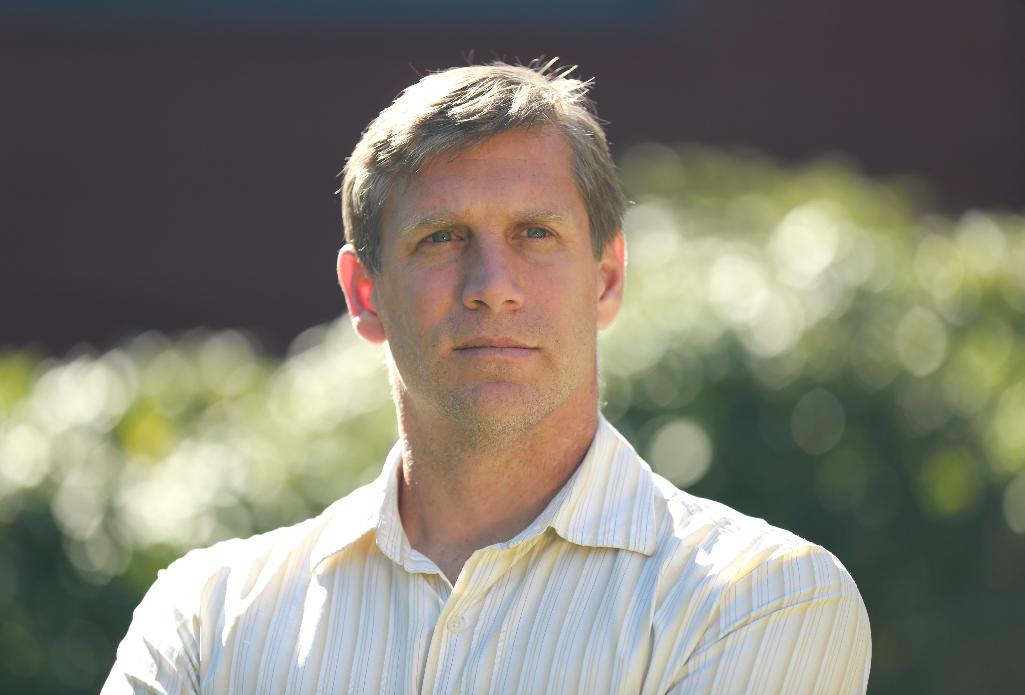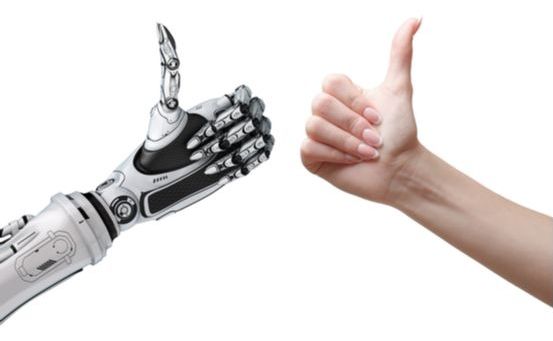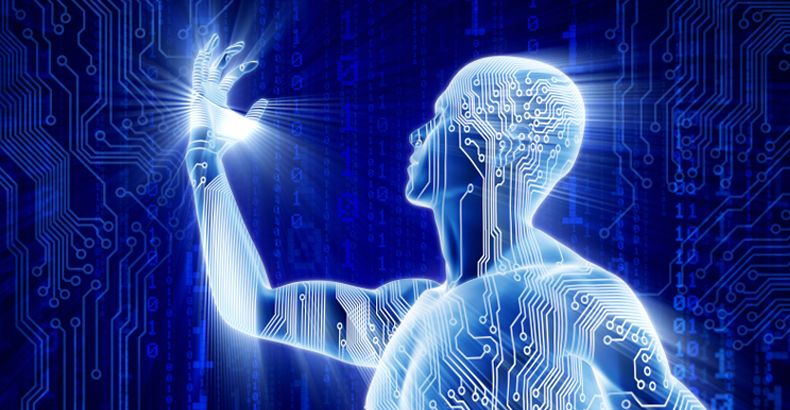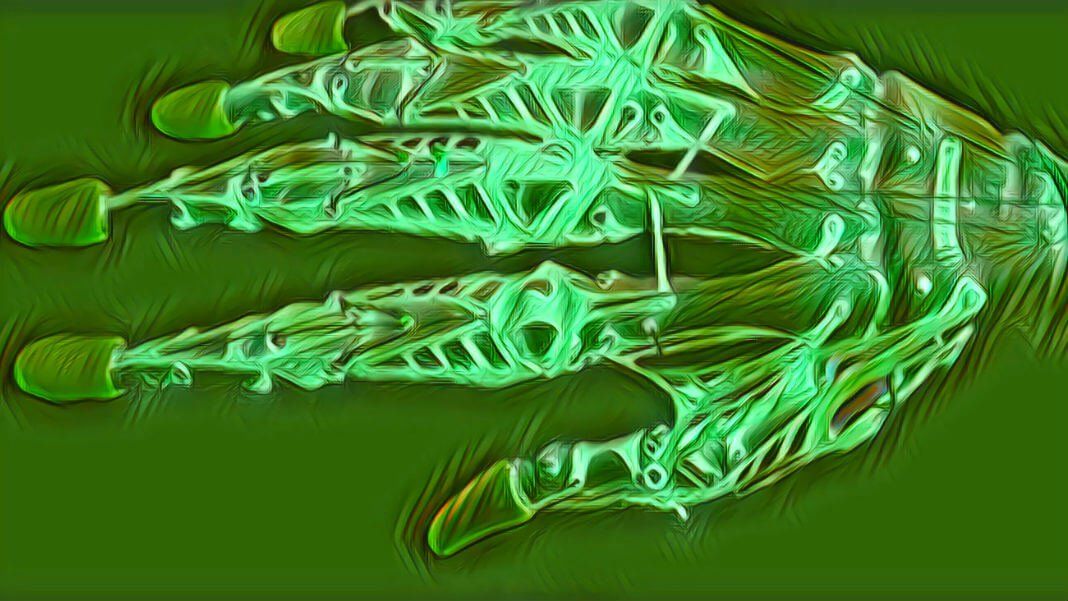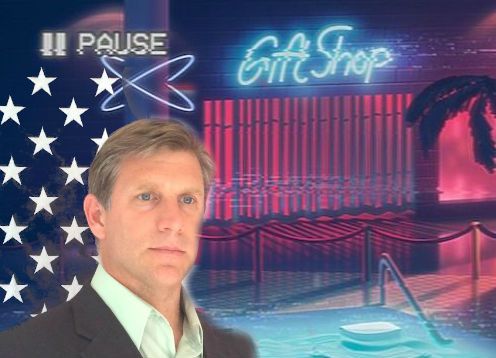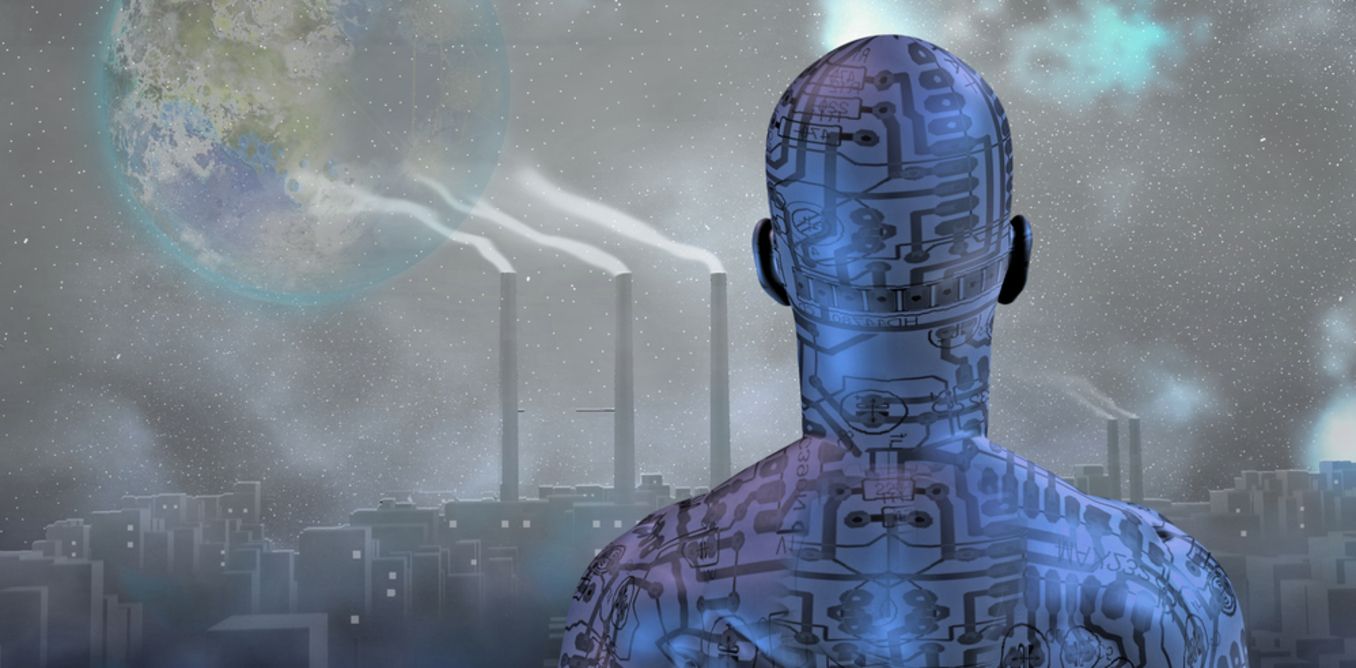A new interview I did on my transhumanist California Governor run:
On August 4th, Zoltan Istvan joined Merion West’s Erich Prince for an interview to discuss his campaign for Governor of California. Running in this race as a Libertarian, Mr. Istvan previously ran in the 2016 presidential election as a member of the Transhumanist Party. Working previously for National Geographic, Mr. Istvan is well-known for his writings on transhumanism, the movement that aims to improve human life and extend longevity through science. A pillar of his campaign for Governor of California includes a proposal for implementing universal basic income.
Erich Prince: Mr. Istvan, thank you for joining us this morning. Could you start by explaining the connection that you see between transhumanism, the movement you’re so involved with, and libertarianism?
Zoltan Istvan : The transhumanism and libertarian movement are connected through this concept called Morphological freedom. Morphological freedom is the idea that you should be able to do anything with your body that you want to do, as long as it doesn’t hurt someone else. It’s a core transhumanist concept. Of course, it’s also a core libertarian concept. It’s the idea that your body belongs to you; it’s part of the non-aggression principle, and because of that single issue, transhumanism and libertarianism have always been connected. As a result, when the movement first began, it was very libertarian-oriented, and I still find it very libertarian-oriented, especially when it comes to government staying out of the way of people wanting to do science and not face interference.
Whether it is something radical like taking off your arm and putting a new robotic arm, or whether it’s just the idea of using genetic therapies to modify oneself, including augmenting intelligence, or whatever it is, we just simply believe that the government ought not be involved in that process. Of course, this is also libertarianism in a nutshell, even if, in this case, it concerns transhumanist research and technology.
